News, features, stories & reports
Get the latest updates from Neuroblastoma UK, including fundraising stories, research news and charity events.
Sign up to our regular emails for all the updates.
April is Teenage and Young Adult Cancer Awareness Month (TYACAM) – an opportunity for
charities and the young people we support to come together and raise awareness of the unique
set of challenges facing this age group after being told they have cancer.
We are honored to announce that Neuroblastoma UK will be featured on the BBC Lifeline Appeal on Sunday, 26 January, at 13.50 on BBC One.
Pupils at Ranby House School in Retford, Nottinghamshire, have released an original song ‘Our Special Story’, in a bid to raise funds for Neuroblastoma UK.
We’re excited to share the launch of a brand-new tool for those navigating treatment pathways for high-risk neuroblastoma. The Redmapp Website is designed to support families facing the difficult decisions that come when their child is faced with uncertainty associated with more complex cases of neuroblastoma.
Researchers from the University of Sheffield and St. Anna Children’s Cancer Research Institute have created a model designed to investigate the origins of neuroblastoma, a cancer primarily affecting infants and young children. The findings offer hope for the creation of tailored treatments which treat aggressive neuroblastomas and minimise the adverse effects experienced by patients from existing therapies.
New research published by Professor Suzanne Turner and led by Dr Perla Pucci in her group at the University of Cambridge Department of Pathology and CRUK Cambridge Centre Paediatric Cancer Programme, has suggested a new target for combination treatment of neuroblastoma and other cancers alongside ALK tyrosine kinase inhibitors (ALK TKI). Resistance to ALK TKI is a challenge and so additional targets for treatments that can be used in combination with ALK TKI are urgently needed.
In 2019, Neuroblastoma UK joined forces with childhood cancer charities The Bradley Lowery Foundation and Niamh's Next Step to support more vital research into neuroblastoma.
A big thank you to Aurora, one of the UK’s fastest-growing Print Management, Office Supplies and Telecoms Providers, for choosing Neuroblastoma UK as one of its charity partners for this year.
This April marks the second Teenage and Young Adult Cancer Awareness Month, an opportunity for charities and the young people we support to come together and raise awareness of the unique challenges facing this age group when faced with the three words that change their lives: “you have cancer”.
It was sold out two months in advance, so it was no surprise to see a packed auditorium at Selwyn College Cambridge for the 6th Neuroblastoma UK Research Symposium on 21st and 22nd March 2024. Over 130 scientists and clinicians attended from across Europe, US, and further afield, including world leading experts in pre-clinical and clinical neuroblastoma research.
In 2023, Dr Gao, working with Prof Juliet Gray and Dr Zoë Walters at the University of Southampton, aimed to determine the role of natural killer cell- mediated anti-tumour effects in neuroblastoma, after treatment with EZH2. The objectives of the study were to look at the correlation between EZH2 protein expression and the surface expression of natural killer ligands in neuroblastoma cells, and to determine if the natural killer cells induced cytotoxicity that could be enhanced in the neuroblastoma cell lines with EZH2 inhibitors.
Neuroblastoma UK (NBUK) and Solving Kids’ Cancer UK (SKCUK) have entered into a formal collaboration to speed up the development of new, better treatments for children with neuroblastoma and bring forward the day when no child dies from or because of the disease.
We know that the start of a New Year can be challenging, especially for those who have lost loved ones. At Neuroblastoma UK, we are sending our kindest thoughts to anyone struggling. Thank you so much for your ongoing support which allows us to not only connect with you, but also to continue funding research into new, more effective and less punishing treatments for children with neuroblastoma.
Thank you for supporting Neuroblastoma UK in 2023.
As we draw closer to the end of a busy but exciting year, all of us at Neuroblastoma UK would like to thank you for your support in the fight against childhood cancer. Here are some of our highlights from the year.
If you’re looking for a last minute Christmas gift, want to give a gift with a difference or give a virtual gift to a loved one, our new charity Gift Donations could be just what you’re after!
For the first time, Neuroblastoma UK took part in the Big Give Christmas Challenge 2023. We raised a grand total to £8,602 in just seven days.
We were blown away by everyone’s support, thank you. The money raised from the Big Give Christmas Challenge will enable scientists to take crucial first steps on the road of discovery - and help get closer to a cure for neuroblastoma.
Six year old Apollinia celebrates one year in remission as she fronts Neuroblastoma UK’s campaign to raise £8,000 for neuroblastoma research
This November, Apple celebrates one year in remission as she fronts Neuroblastoma UK’s first matched-funding campaign with the Big Give Christmas Challenge!
Press release: 15 November
Celebrity Patrons of children’s charity Neuroblastoma UK call on the public to help raise £8,000 and accelerate research into neuroblastoma, a rare childhood cancer.
We are delighted to launch our new charity Christmas cards, all raising money to fund vital research into neuroblastoma.
Shop online today and and join our fight against childhood cancer.
This Trustees Week, we shine the spotlight on Dr Kate Wheeler and Dr Deb Tweddle, our Medical Trustees for over 10 years.
Deb and Kate attended the SIOPEN (international Society of Paediatric Oncology - European Neuroblastoma Group) annual general meeting in Ljubljana, Slovenia from 4th to 6th October 2023. Their visit was supported by Eusa Pharma.
Neuroblastoma UK attended Holyrood on Tuesday 26 September, calling on MSPs to ensure childhood cancer is recognised as a critical research priority in Scotland.
The reception, hosted by Rona Mackay MSP for Strathkelvin and Bearsden, was held in memory of two-year-old Matthew Innes to raise awareness of neuroblastoma, a rare and aggressive childhood cancer.
Light a virtual candle and take a moment to reflect and remember those children we have sadly lost to neuroblastoma.
Our Glow Gold Reflection Days give you a moment to reflect and remember those children we have sadly lost to neuroblastoma. Join us as we take a moment to reflect.
This Childhood Cancer Awareness Month, we joined the research team at the University of Cambridge to celebrate their vital research into neuroblastoma. Dr Kirsty Ferguson organised this fabulous opportunity for our team and supporters to visit the lab, and tells us more about the day.
After five years, on the 31st May, Tony Heddon decided to stand down as Chair of Neuroblastoma UK. He will remain a key part of the charity as a member of the Board of Trustees. Neuroblastoma UK is enormously grateful to Tony for his inspirational leadership and hard work.
Grab your needles and show your support for everyone affected by neuroblastoma this Childhood Cancer Awareness Month, with our free Gold Ribbon knitting pattern! #GoldRibbonKnits
Wednesday 5th July 2023 saw the launch of the first Research Appreciation Day, a new annual awareness day to celebrate the hard work of health researchers from across disciplines.
From smaller grants for pilot studies through to larger grants for pre-clinical and clinical trials, we fund the most promising neuroblastoma research with the greatest potential for children with this rare and aggressive cancer.



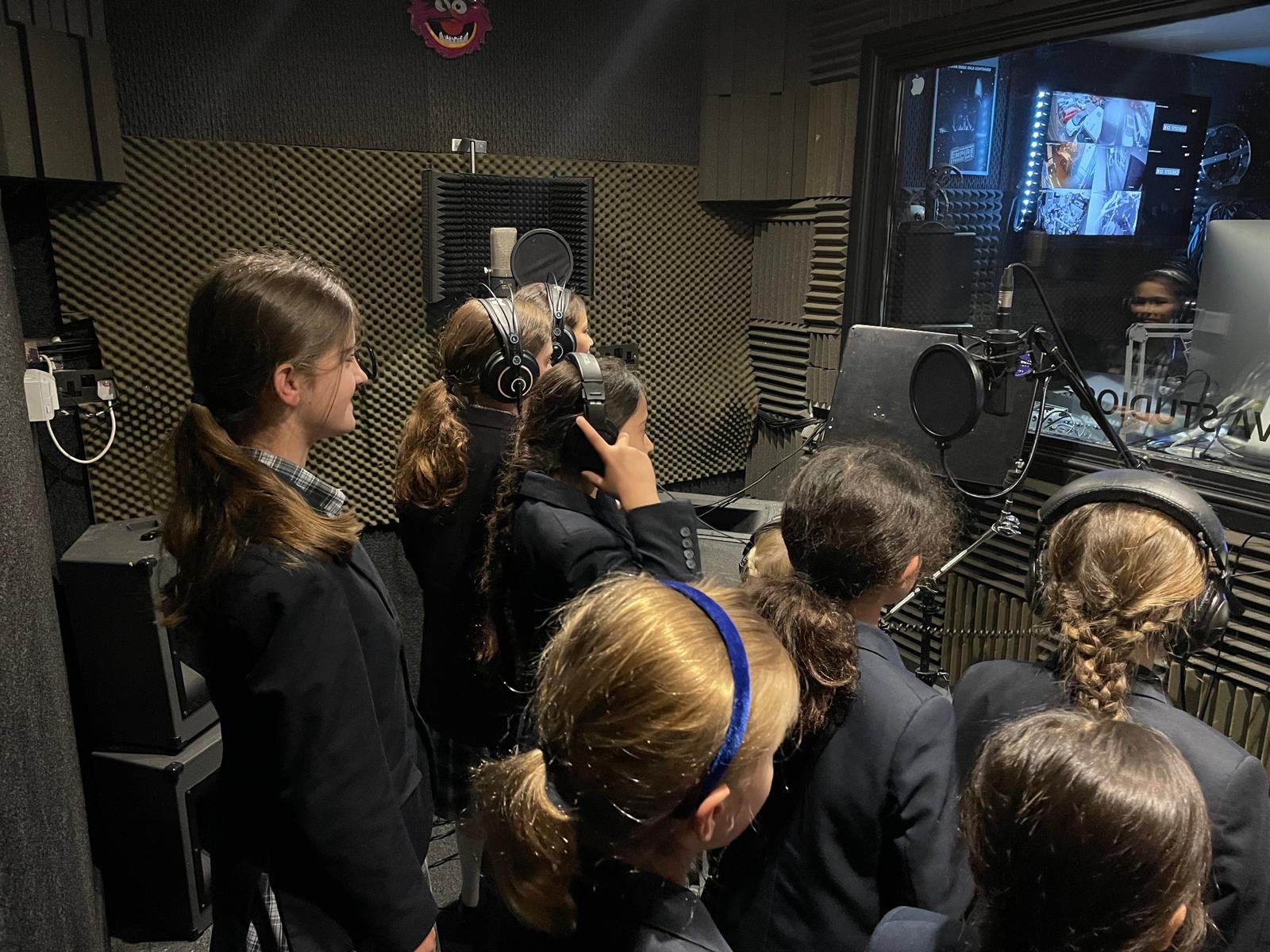


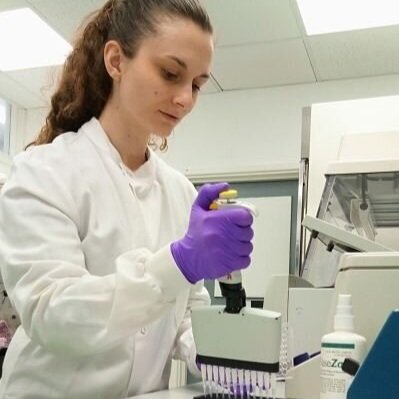
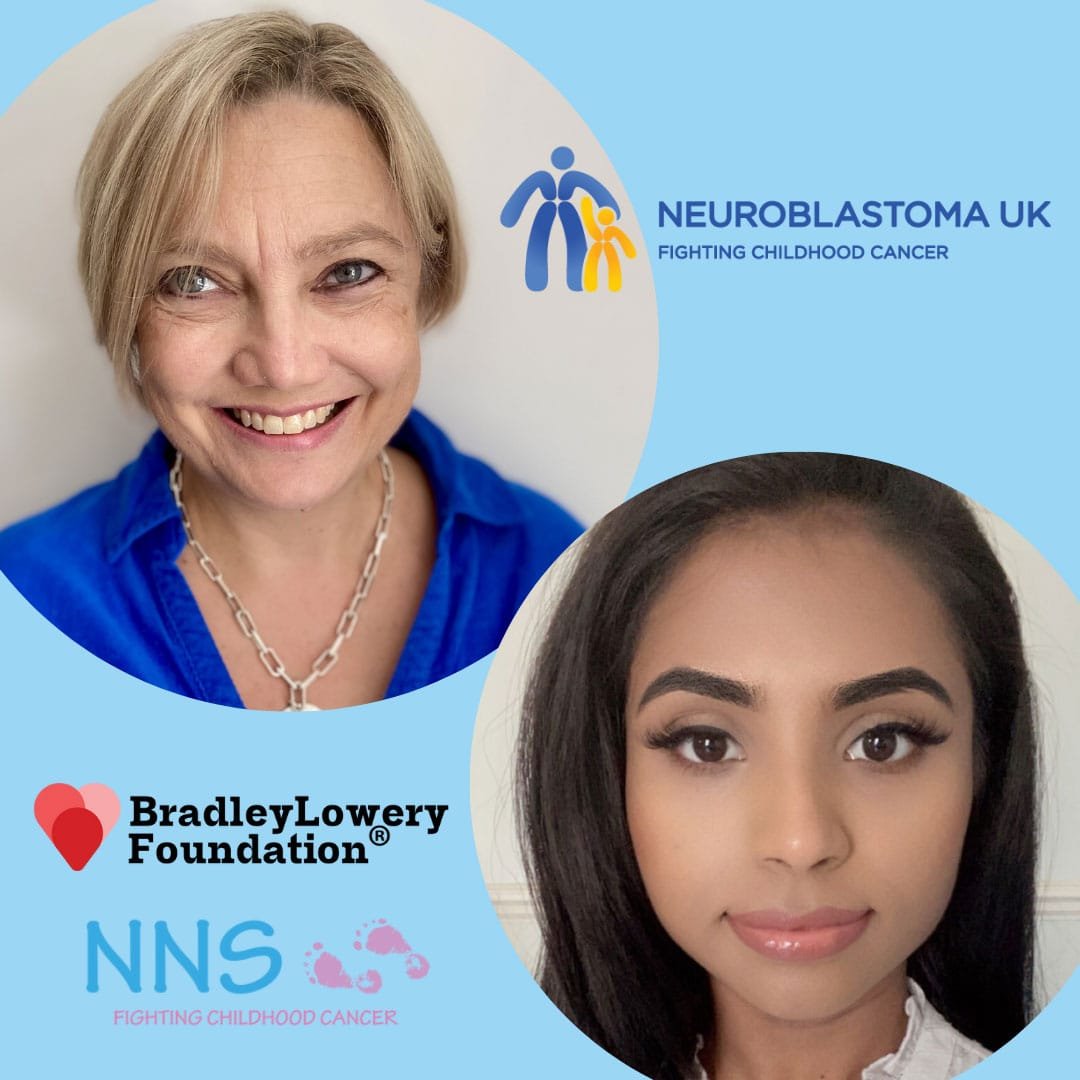










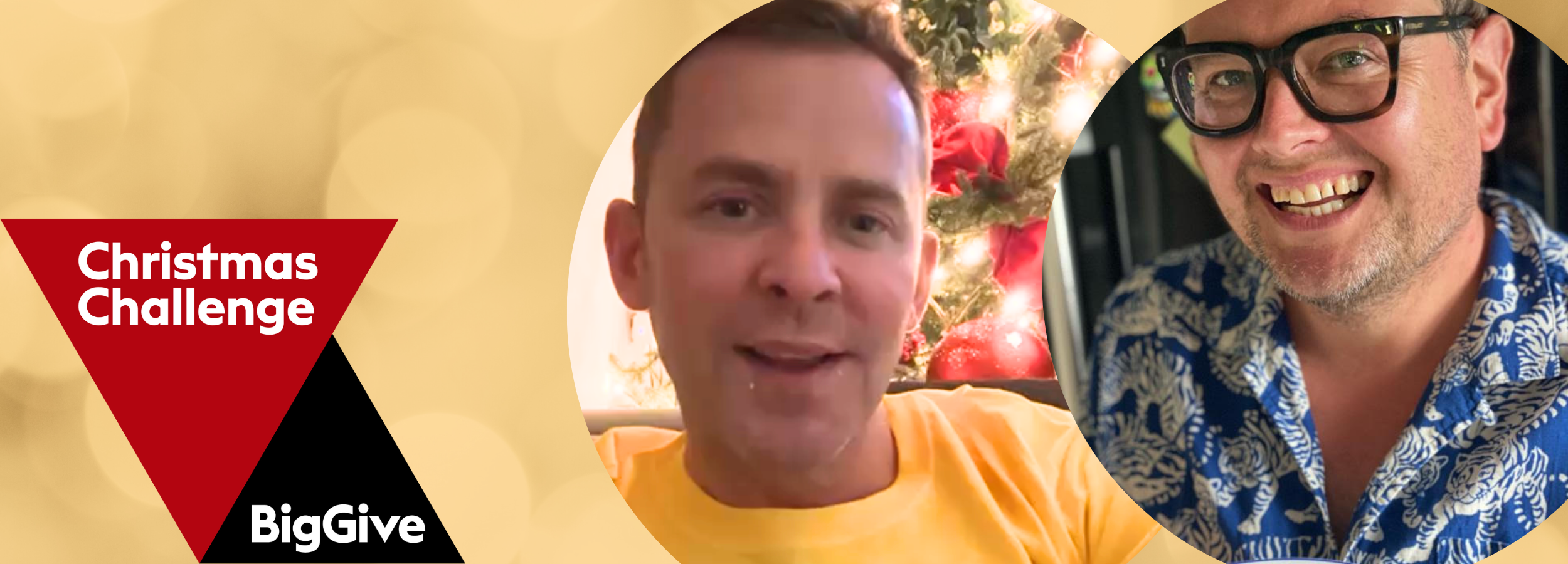


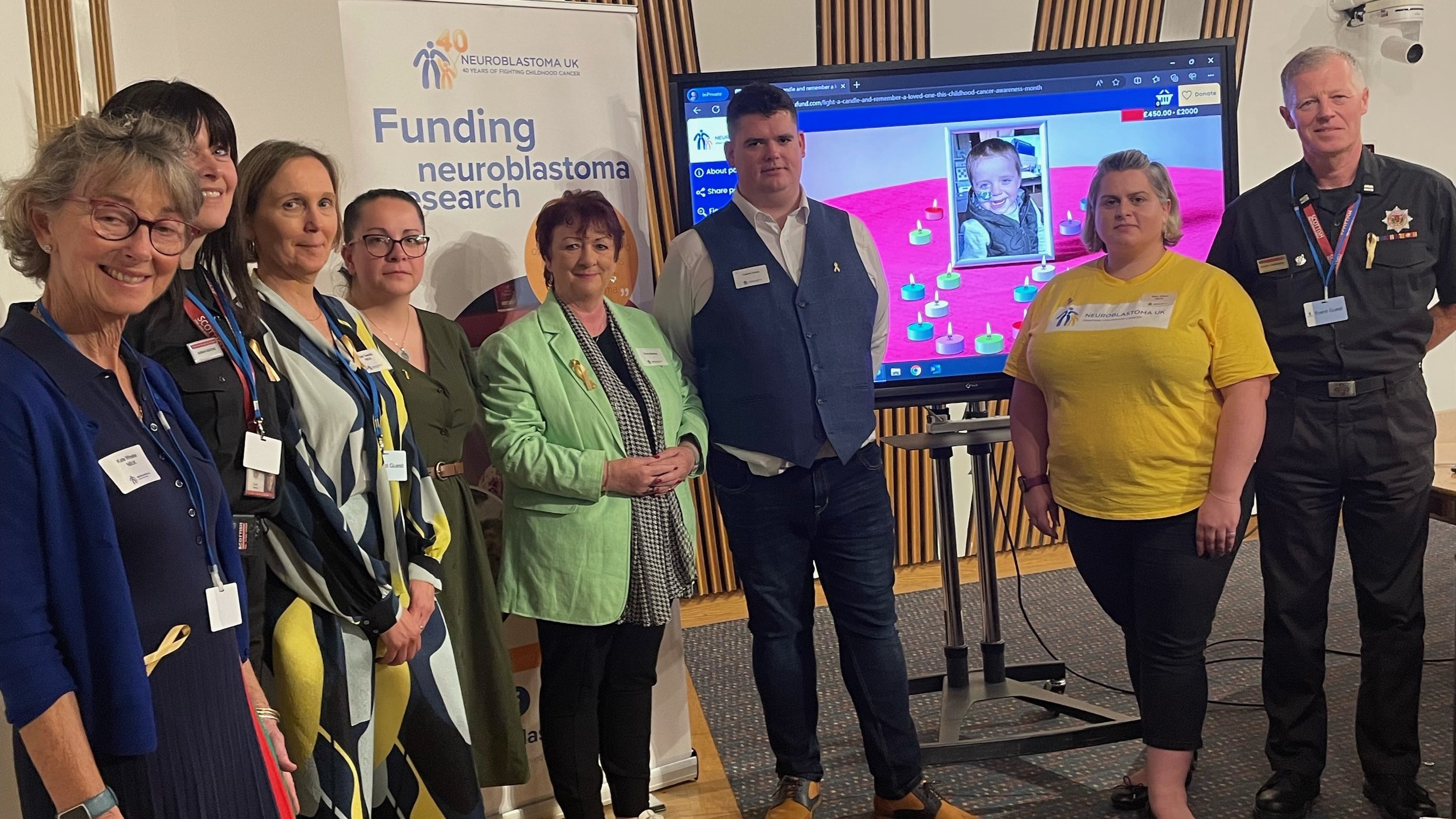
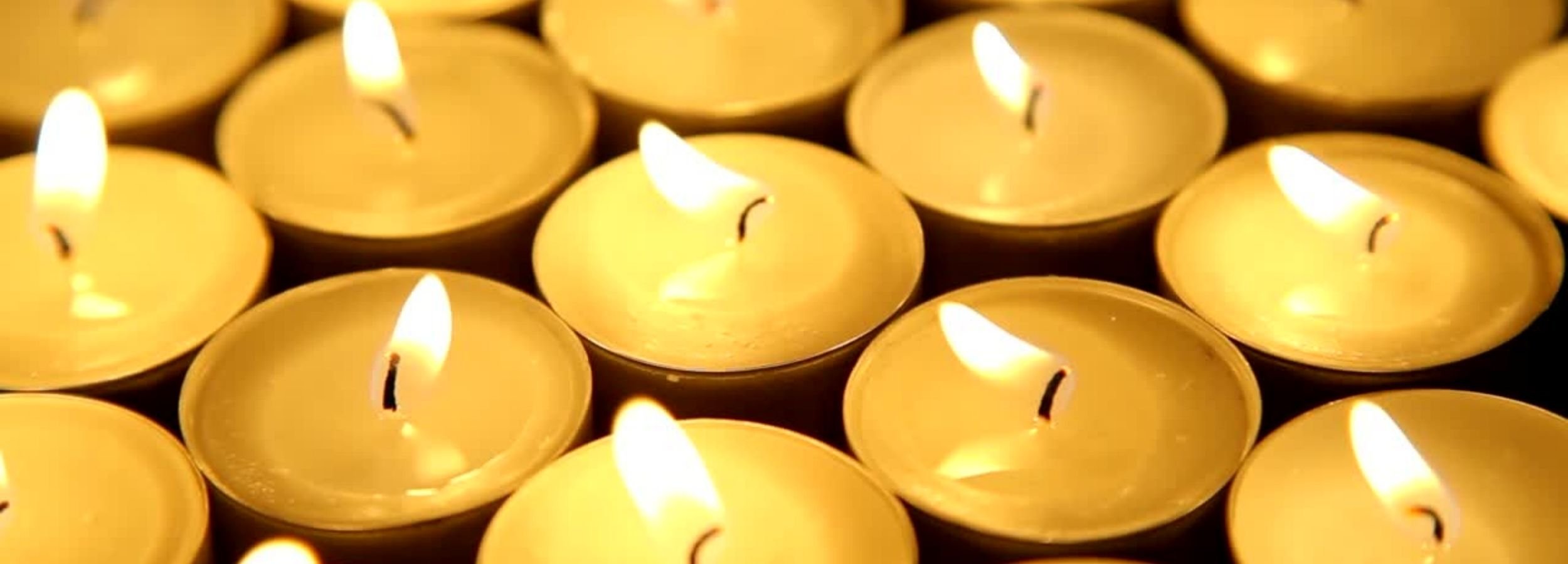
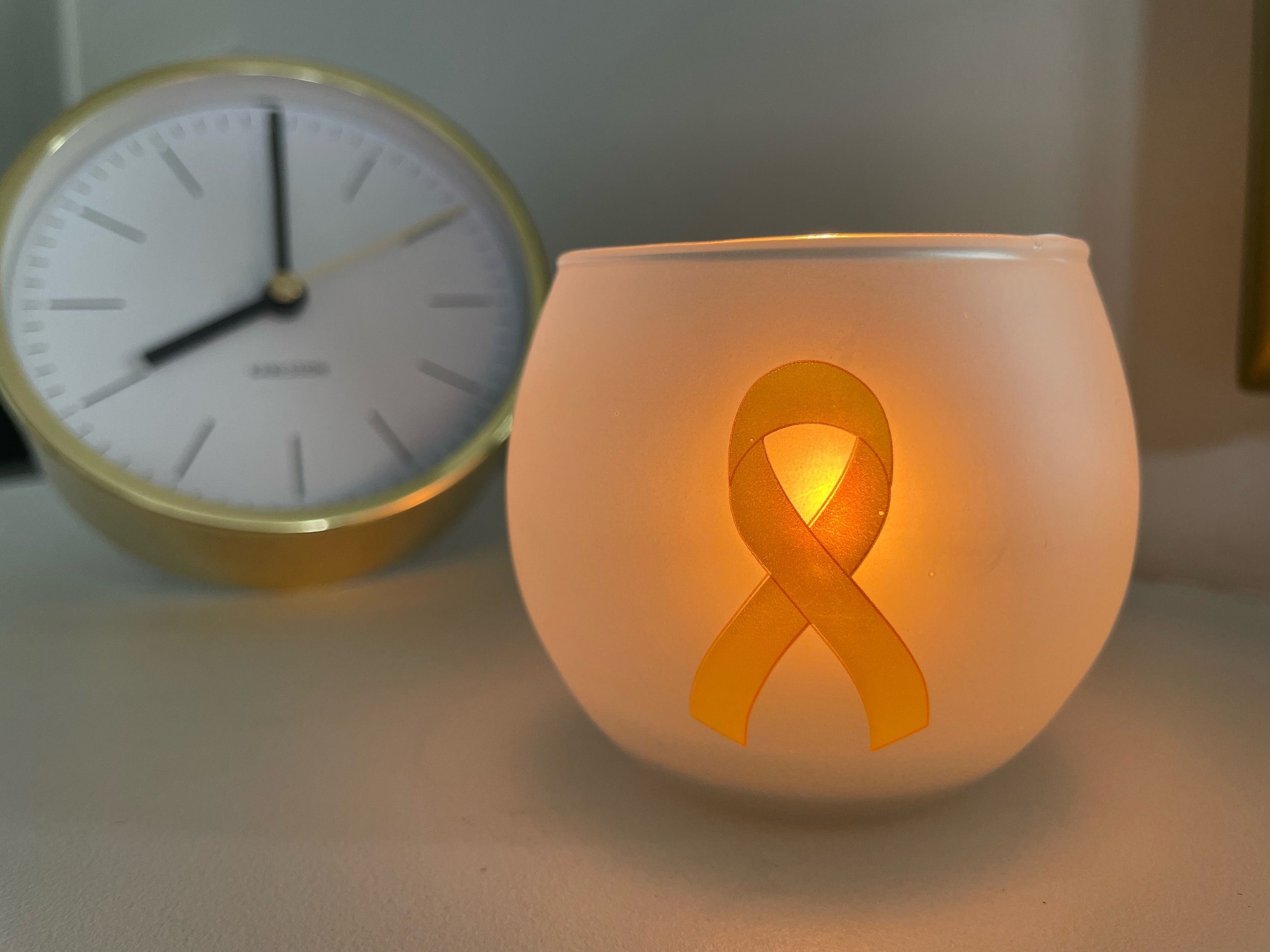
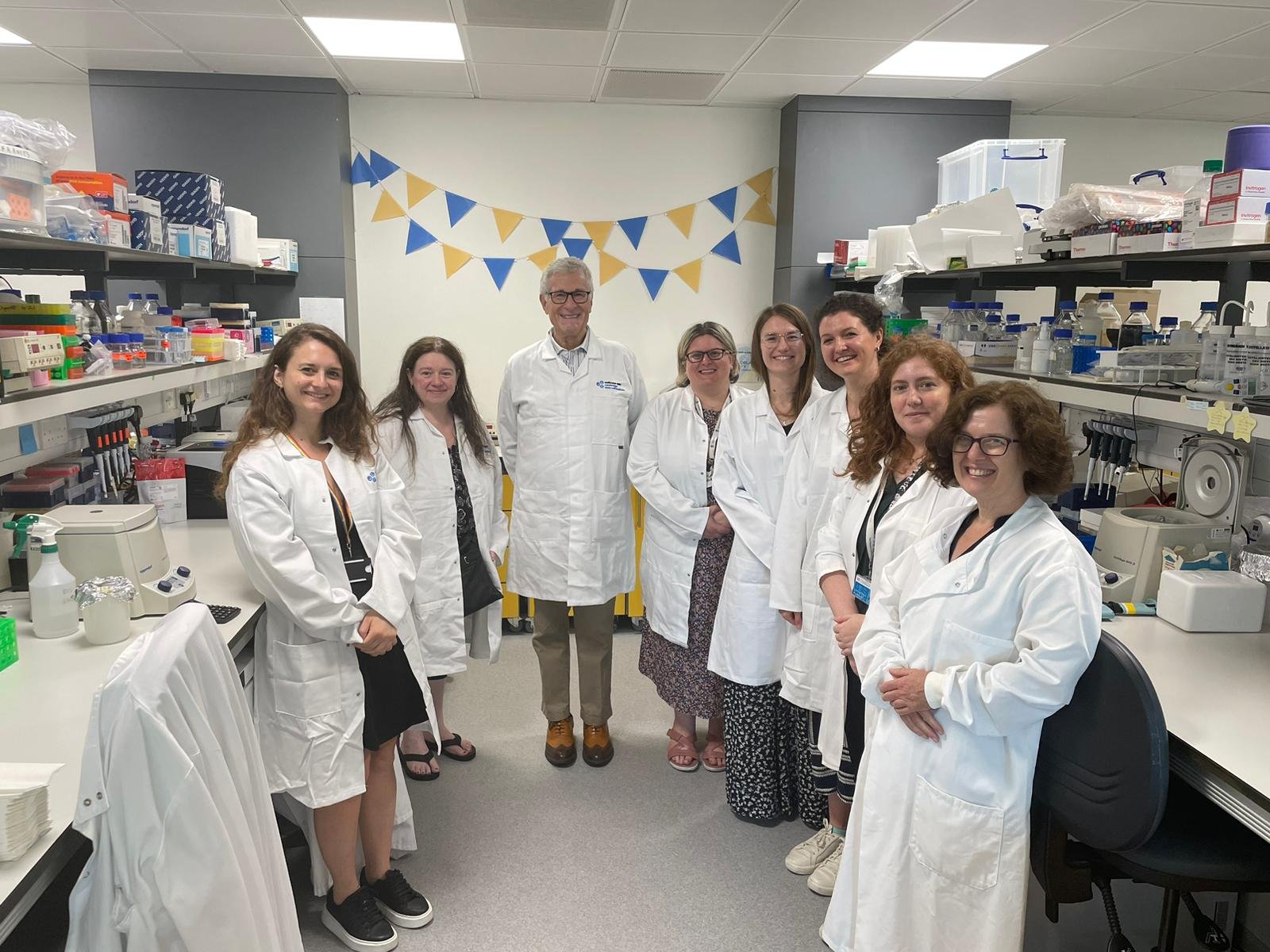

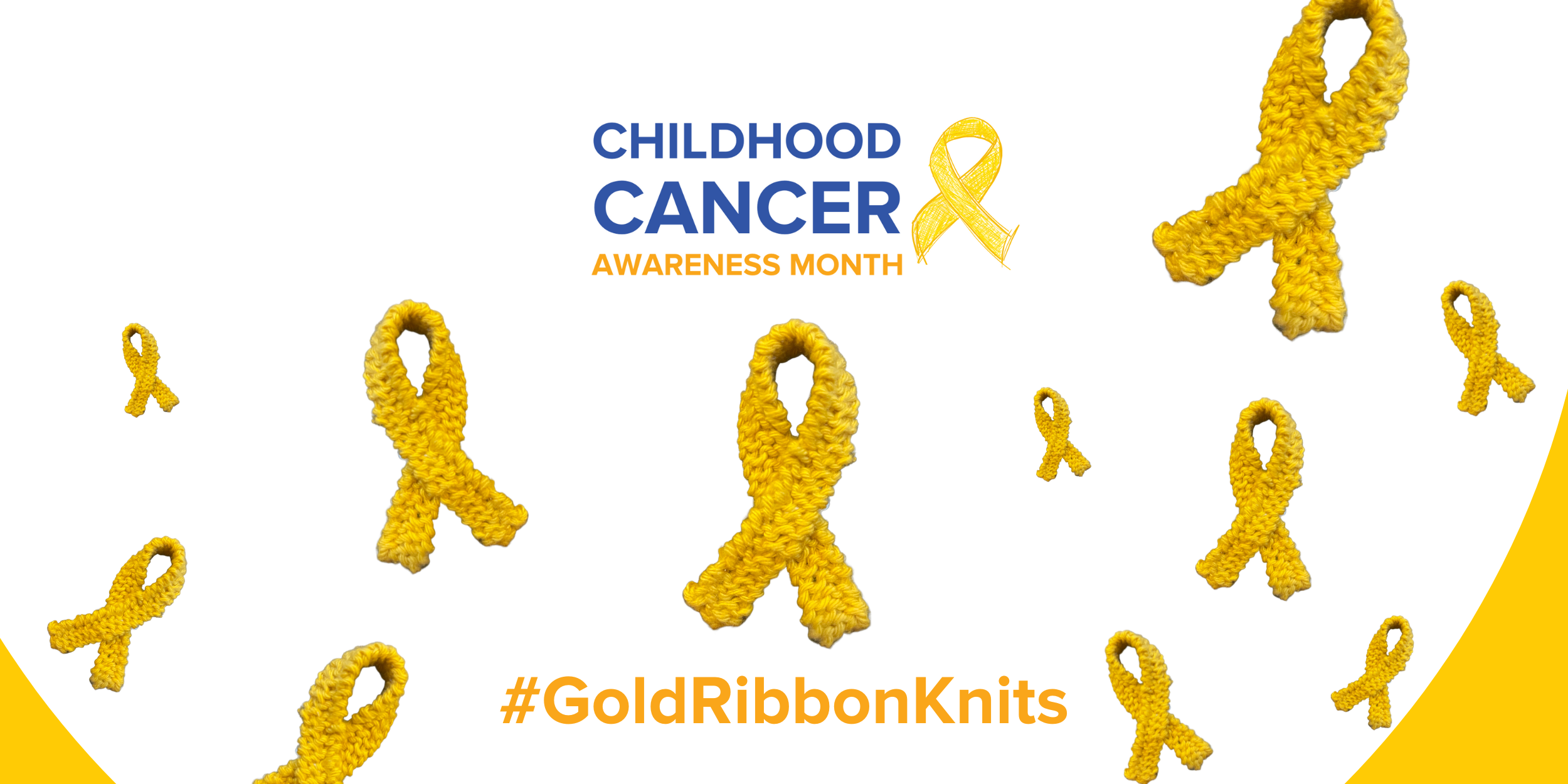

Neuroblastoma UK is awarding £1.1 million in its 2024 grant round to fund new innovative research into neuroblastoma. New therapeutic approaches, pathways to improve existing treatments and exploration of an MRNA vaccine are just some of the projects to be funded in the 2024 grant round; with an emphasis on translational research which can be rapidly transferred from the lab bench to bedside.